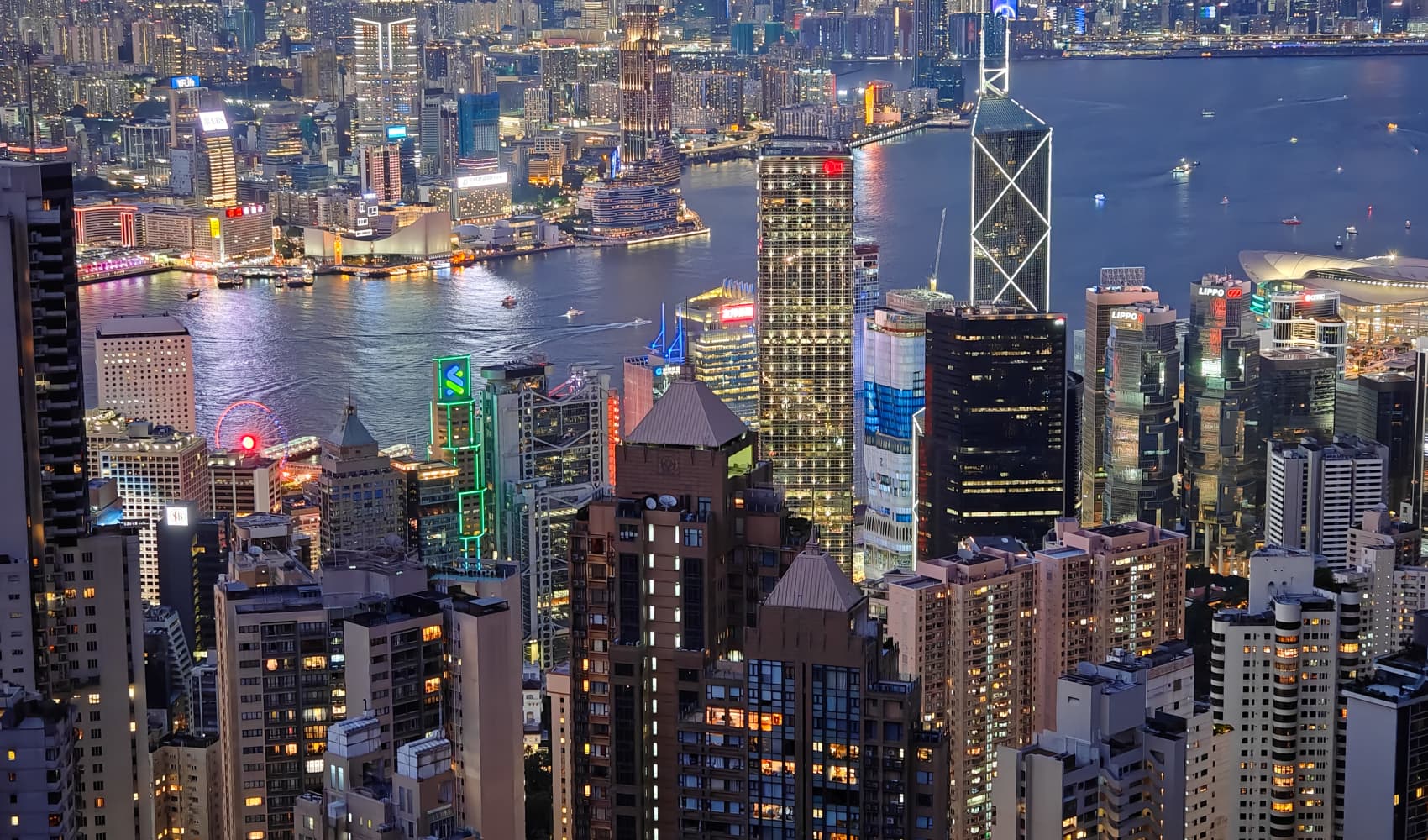
- As of the end of November, the National Stock Exchange of India was valued at $3.989 trillion versus Hong Kong's $3.984 trillion.
- India's Nifty 50 index has jumped nearly 16% so far this year and is headed for its eighth straight year of gains.
- Hong Kong's benchmark Hang Seng index has plunged 17% year to date, making it the worst performing major Asia-Pacific market.
India's stock market value has overtaken Hong Kong's to become the seventh largest in the world as optimism about the country's economic prospects grows.
WATCH ANYTIME FOR FREE
>Stream NBC10 Boston news for free, 24/7, wherever you are. |
As of the end of November, the total market capitalization of the National Stock Exchange of India was $3.989 trillion versus Hong Kong's $3.984 trillion, according to data from the World Federation of Exchanges.
India's Nifty 50 index reached another record high on Tuesday. It has jumped 16% so far this year and is headed for its eighth straight year of gains. In contrast, Hong Kong's benchmark Hang Seng index has plunged 17% year to date.
Get updates on what's happening in Boston to your inbox. Sign up for our >News Headlines newsletter.
India has been a standout market this year in the Asia-Pacific region. Increased liquidity, more domestic participation and improving dynamics in the global macro environment in the form of falling U.S. Treasury yields have all boosted the country's stock markets.
The world's most populous country also heads into general elections next year, which analysts predict could be another victory for the ruling nationalist Bharatiya Janata Party.
"For the general election, opinion polls and recent state elections indicate that the incumbent BJP-led government may secure a decisive win, which could trigger a bull run in the first three to four months of the year on expectations of policy continuity," HSBC strategists said in a client note.
Money Report
HSBC said banks, health care and energy are the best positioned sectors for next year.
Sectors such as autos, retailers, real estate and telecoms are also relatively well positioned for 2024, while fast-moving consumer goods, utilities and chemicals are among those HSBC categorized as unfavorable.
Hong Kong lags
Hong Kong's Hang Seng index is poised to notch a fourth year of declines and is the worst performer among major Asia-Pacific equity markets.
Last week, Moody's cut its outlook for Hong Kong from stable to negative, citing the city's financial, political, institutional and economic ties to mainland China. That downgrade came soon after Moody's reduced its outlook for China's government credit ratings to negative to stable.
In early November, the Hong Kong government said it expects the economy to grow 3.2% in 2023, trimming its GDP growth outlook from the 4% to 5% forecast in August.
The city's government has warned that increasing geopolitical tensions and tight financial conditions continue to weigh on investments, exports of goods and consumption sentiment. Consumer confidence has also suffered in Hong Kong.
"Hong Kong's economy is poised for a soft landing in 2024 as annual real GDP growth moderates to around 2% from 2023's 3.5%," said economists at DBS.
"Central to this recovery is mainland tourism revival, fortifying retail and catering sectors."
China has set a growth target of 5% for 2023. Its third quarter-GDP came in at 4.9%, lifting hopes that the world's second-largest economy will meet or even exceed expectations.






